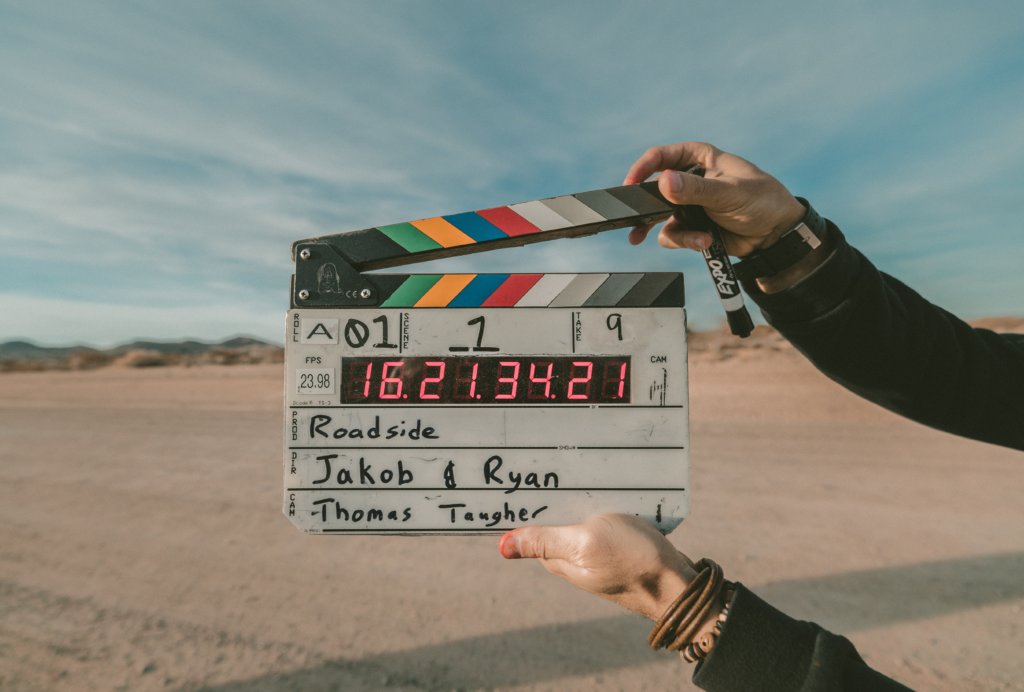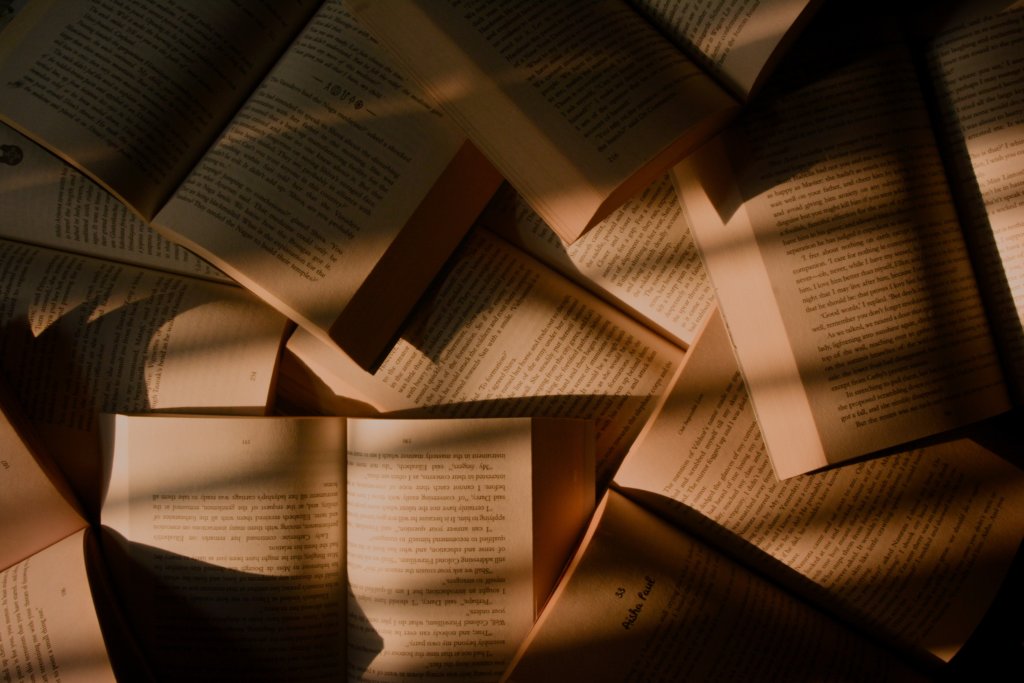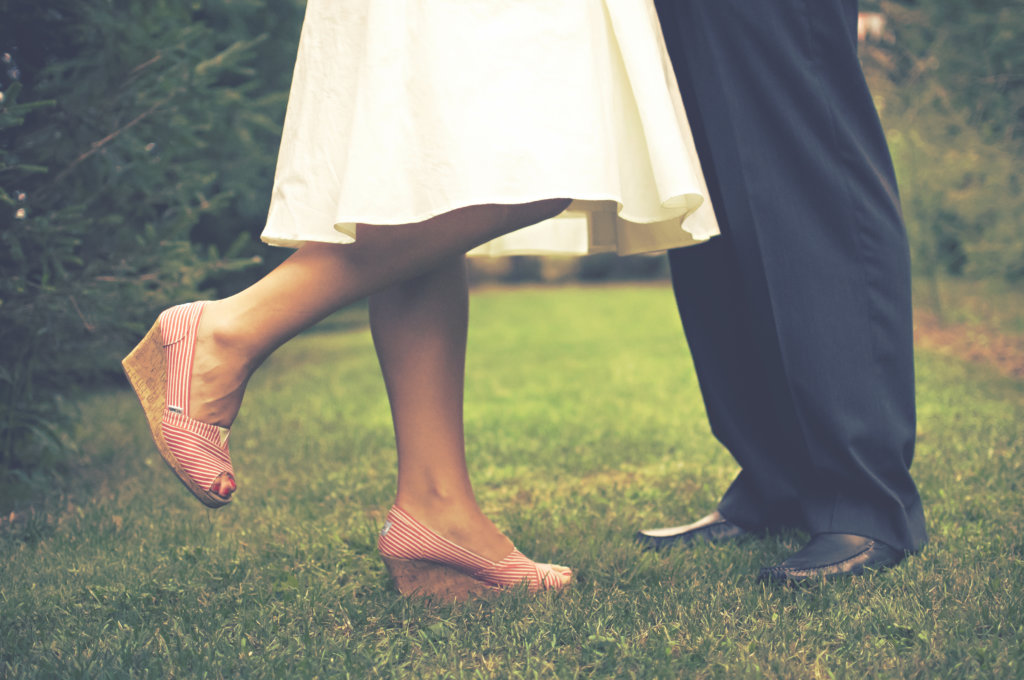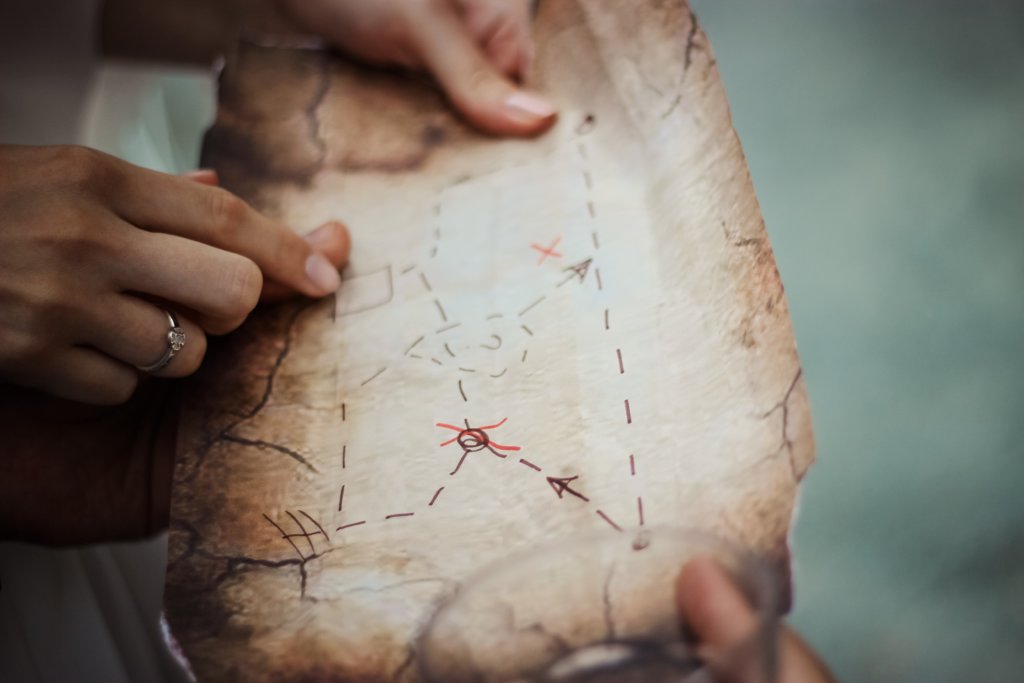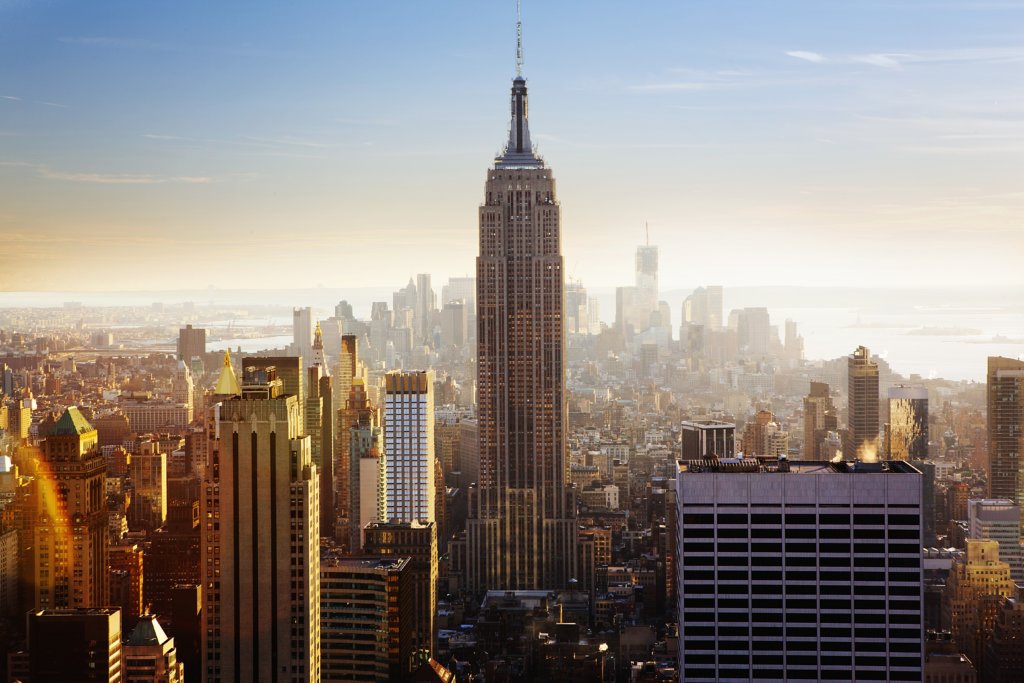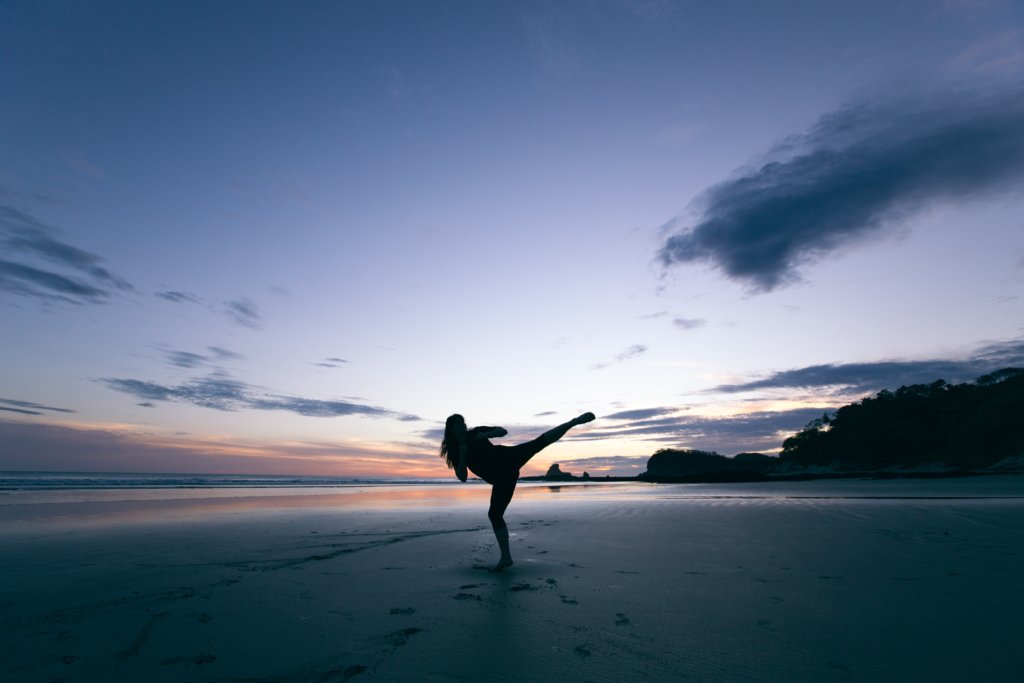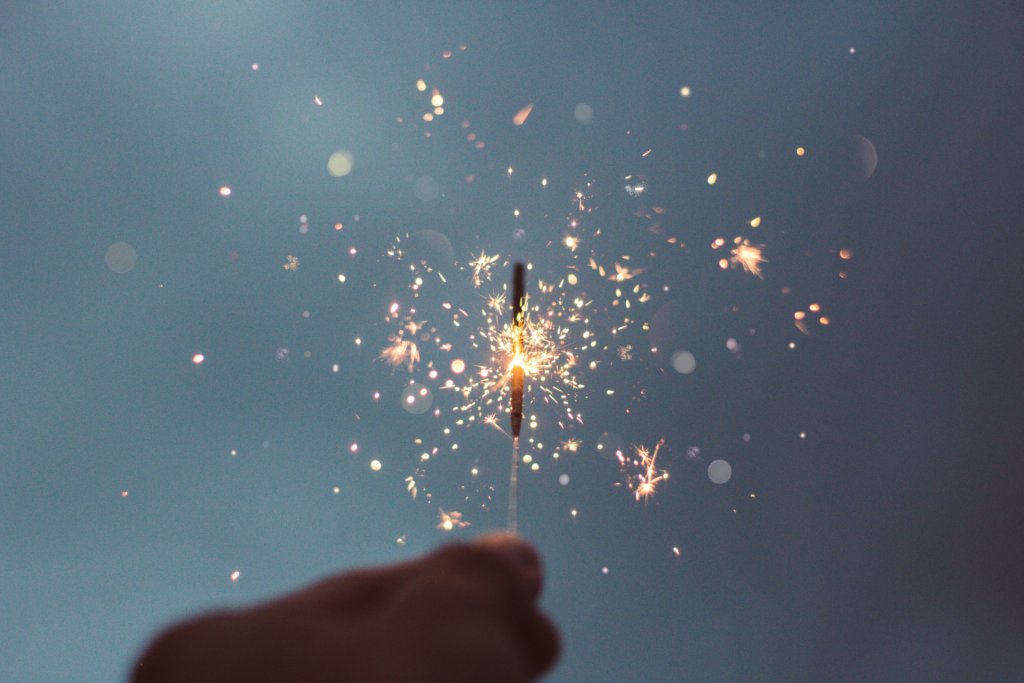I am depleted today so I’m recycling this post from June 2016.
I have to admit, I’m disheartened by the state of the world. I’m not feeling optimistic in the face of the bigotry, sexism, and xenophobia that seem to be crawling all over the place like beetles darting out from an overturned log. Right now the world seems bleak and due to become bleaker.
However, at times like these it’s important to gain some perspective. As you know, I’m a fan of astrology, particularly archetypal astrology, which is articulated in the book Cosmos and Psyche. One of the things I enjoy about the book is it offers a historical look at our world through the lens of astrology. A part that’s pertinent is the reminder that every period of advancement is followed by conservative backlash. For instance, 1960-1972 was a period of empowerment, an eruption of the revolutionary impulse in virtually every area of human activity, and then the early 80s brought a systematic backlash of all the various movements that dominated the 60s.
My spiritual teacher says something similar: “[M]ovements are systaltic. If the phase of contraction is made more stringent by the application of force, a forward galloping jump occurs in the following phase of expansion. Evolution which takes place as a result of this forward galloping jump is properly called revolution. Similarly, if the phase of expansion is prolonged by the application of force, then the following phase of contraction will undergo greater inertia.”
When I look at even our most recent history I see that to be true. We are like a great hulking Frankenstein’s monster lurching toward the horizon. One foot is progressive and one foot is conservative, but each foot steps forward at one point or another. However, the monster is still always advancing, albeit unevenly. Overall, we as a society are progressing. It’s hard to see that sometimes in the face of all the ick we’re experiencing, but when I look back, I also know it to be true. As a woman, I still have more freedoms than my grandmother, and even my mother had. Yes, there’s still a lot of sexism to be sure, but overall things are progressing.
I’m going to quote my teacher again who says, “There are some people who are pessimistic. They say that the society around us is very bleak … Pessimists say this because they have never made any detailed study of human history, nor do they care to. Had they done so, they would certainly be optimistic, because if they had looked carefully at the symptoms of pause, they would have realized that significant preparations were being made for the subsequent phase of speed. So under no circumstances should human beings be pessimistic. That is why I am always an incorrigible optimist, because I know that optimism is life.”
Right now I’m honing in on the part about the subsequent phase of speed. Yes, right now things are not so great, but I’m reminding myself this is the cycle of life. Movements surge and then die. And right now I need to keep focusing on the progress that is being made and will continue to be made. I need to keep dreaming about the future because like us, while Frankenstein’s monster may progress unevenly, he does progress.
I dream of a world where we remember the history of human society is one of expansion followed by contraction. A world where we remember despite how it may look at any given moment, we are advancing. A world where we realize an uneven gait may not equal a sprint, but it’s still a step forward and that’s all that counts.
Another world is not only possible, it’s probable.
For the past few weeks, maybe longer, resentment has burned in my belly as I’ve seethed at the circumstances of my life. Where are all the things I was promised? The riches, the partner, the good health? The refrain in my head is, “I’m 33! I’m not supposed to feel this way! I’m supposed to have more energy than this!” And then I ask myself, “Says who?”
It’s a good question. Who told me life is supposed to be one way or another? Who said we’re all promised wealth, health, and partnership if we desire partnership? When I think about it, I likely picked up that story from the media, which praises a life of luxury, or from someone trying to sell me something. Someone who promised me all my dreams would come true if I purchased their course or their book.
When I look at my spiritual philosophy, my teacher never said life would be easy, filled with sunshine and roses. In fact, he praised difficulties as they become the fodder for spiritual development. He said, “Human beings have been drifting along through constant clash and cohesion amidst endless waves of physical and psychic diversities.” That means at times we’ll encounter strife and at others we’ll encounter harmony. It’s unrealistic to think life will be easy all the time, because it won’t. That’s the nature of being alive.
I also think about what was actually promised to me, which is that I’ll move closer to the divine. That’s it. My teacher said, “Knowingly or unknowingly everyone is moving around [the Supreme entity]. Everyone is bound to move … This movement is a natural propensity born out of love for [the Cosmic Consciousness].” We keep moving closer and closer until eventually we unify with that Cosmic entity, according to my spiritual tradition. But nowhere is it written I’ll be thin, rich, pretty, and happily married.
When I take that perspective, I feel more at ease. It also makes all of my positive experiences even more precious. Nothing is promised to me, which gives me reason to cherish laughing with a friend or enjoying good food. Nothing is owed to me so it’s a privilege I’m able breathe freely or walk unaided. I can’t even count on the earth beneath my feet remaining solid, as a 3.5-magnitude earthquake reminded me the other day. Any thing can happen at any time, both good and bad. There are no guarantees in life other than once born we will die. For the time in between I’d like to see the good things in my life as gifts, to not take them for granted because they are not foregone conclusions.
I dream of a world where we realize there is no contract that stipulates we’ll all have health and wealth. A world where we realize there aren’t “supposed to’s” or how we “should” be as people or what we “should” experience. A world where we remember life didn’t promise us anything and that means what we go through is all the more precious.
Another world is not only possible, it’s probable.
I think it’s pretty clear I want to be famous. Not “get my picture taken while eating a hamburger in a car” famous, but “win awards and have people share my content” famous. I know fame doesn’t make anyone happy, I know the goal of my life is not fame, I know aiming for fame goes against all of my spiritual beliefs, and yet it’s still here.
I’ve wrestled with this aspect of myself for decades trying to reason with it, spin it, battle it, push it away. But it’s still here. On Wednesday, I listened to a radio show loosely about surrender and I burst into tears because I finally accepted this part of me. To surrender means to stop fighting and I stopped fighting this aspect of myself. I also started journaling about it, asking why I care so much.
I seek fame because I want to prove myself, I want to showcase my “enough-ness.” I spoke with a friend about this and he suggested I make a list of all the ways I’ll finally be enough. I’ll be enough when _____. I made my list: “I’ll be enough when I’m a bestselling author. I’ll be enough when I go on Oprah. I’ll be enough when a celebrity retweets me.” I kept going until I reached the point when I wrote, “I’ll be enough when I feel worthy.”
As if to hammer the point home, I listened to another radio show by Nancy Levin, who used to be the events coordinator at Hay House before she transitioned into writing and coaching. To paraphrase, she said nothing on the outside will make you feel worthy if you don’t feel worthy on the inside. I know this. In fact, I’ve written this. But when I look back at my post on self-worth from nearly nine years, I hear a lot of judgment. A lot of dismissing. I didn’t honor my desire then or now.
When I look at the basic philosophy of my spiritual tradition, I have more perspective. The philosophy states we take everything and channel it toward the divine. It sounds like a lovely sentiment, but what does that actually mean? I’m not sure I know, but what I’m starting to understand is I can’t run from anything, including my desire for fame. I can’t escape anything. Maybe to use everything as a vehicle toward my unification with a power greater than myself means first that I have to accept what is here in a loving, compassionate way.
This blogpost deals with my desire for fame, but the concept is applicable to anything. It could be the part of ourselves that’s scared of others, or is greedy, or ashamed, or whatever. We can’t pretend that side doesn’t exist as much as we’d like that to be the case. We have to work with what’s here in order to have any power over it. I’ve likely used this quote before, but Carl Jung said, “Until you make the unconscious conscious, it will direct your life and you’ll call it fate.” I’d rather be an active participant in my fate and the only way to do that it seems is to stop running from the things I don’t like.
I dream of a world where we accept all parts of ourselves with compassion. A world where we realize just because we don’t like something doesn’t mean it goes away. A world where we embrace our inherent tendencies and still work to transform them into something else. A world where we channelize them toward something greater than ourselves.
Another world is not only possible, it’s probable.
This week I’ve contemplated the internalization of “-isms” such as racism, sexism, and classism. These are the ways that we’ve accepted our inferior or superior status. For me, I’ve realized how much the way I view writing and reading is tied to patriarchy. And maybe intellectualism. I like women’s fiction, also called chick lit. Think Bridget Jones’s Diary or Confessions of a Shopaholic. Those aren’t my favorite books, but I mention them because Hollywood turned them into movies so they’re more well-known.
I feel a sense of shame mentioning chick lit is my favorite genre because it’s looked down upon. It’s not serious or somehow “worthy.” In Joanna Russ’ book How to Suppress Women’s Writing, she mentions the various ways women are discouraged from writing. It’s assumed women didn’t write the things they did, or they channeled something outside of themselves, or they are judged more harshly for writing about the same things as men. In other cases, women are told they shouldn’t have written the things they wrote. There’s a notion certain subjects are more acceptable and worthy of acclaim than others, and wouldn’t you know it, those topics are most often addressed by men.
Love stories by women and for women are disparaged. I’ve internalized that viewpoint so much that a part of me doesn’t want to tell you I’m writing a love story because it’s not serious enough. It’s no Moby Dick, it’s not the next Great American Novel, and a part of me worries what other people will think of me. I’m not looking for reassurance here, I mention all this to demonstrate how subtle “-isms” are. Until I read Russ’ book, it didn’t occur to me that perhaps my perspective on women’s writing, including my own, was skewed by patriarchy and sexism. I didn’t question why working on my book felt a bit like a furtive teenager stealing liquor from her parents’ stash.
My spiritual teacher says, “In the existential sphere there cannot be any sort of complex, and our social order should be such that there remains no room for any complex. We have to make such a social order and we have to make it immediately without any loss of time.”
By complex he means inferiority complex, superiority complex, or fear complex. To paraphrase, he says we are all divine children of God, no one lesser, and no one greater. I’m not doing myself any favors by thinking the things I’m writing about are drivel because they primarily interest women. It’s more helpful for me to address not only the obvious forms of “-isms,” but also the subtler, concealed ones as well. Only then can we create a world we wish to see.
I dream of a world where we examine the ways we’re contributing to “-isms” internally. A world where we question why we think certain things are true. A world where we recognize and work toward the notion no one is better or worse than any one else.
Another world is not only possible, it’s probable.
I attended a friend’s wedding this weekend and so marriage is on my mind. Here is a post from nearly three years ago on the subject.
Marriage has been on my mind a lot because everyone and their mother (including mine) is trying to set me up. “He’s single, you’re single: It’s a match!” No one has actually said that to me, but that’s the impression I get based on who people are trying to set me up with. Now, I realize a single person writing about marriage is like a virgin writing about sex, but here I am anyway, fumbling about.
An aspect that I don’t hear discussed often about marriage is its ability to enhance spiritual growth. Usually, marriage is couched in terms of companionship, of having someone to start a family with, and just generally a partner in life that you love. Something else that seems to creep in from my outside perspective is this idea that someone else is responsible for a person’s feelings. That someone else is responsible for our happiness.
I have a big problem with that way of thinking, because as was so aptly pointed out in a New York Times piece called “The Wedding Toast I’ll Never Give,” there will be times where a person will look at his or her spouse and feel only rage. Nobody else is responsible for my happiness and putting them in charge of it is only asking for trouble. I can speak from experience here because I used to make certain people my cocaine and that resulted in some of the most painful experiences of my life.
I often quote Marianne Williamson who says, “Romantic relationships are like getting a PhD in spirituality.” What does that mean exactly? It means other people don’t exist to make me feel good; it means every person and every relationship is a teacher. All of them provide opportunities to bring me closer to the divine. Marriage then becomes about living my life in a “new way with a special type of responsibility,” as my spiritual teacher would say.
In fact, the marriage oaths of my spiritual practices are that the person takes upon themselves the responsibility for their spouse’s food, clothes, education, medical care, etc. That the spouse will be vigilant to safeguard the other’s mental peace and ensure their mental progress, as well safeguarding the other’s spiritual progress. These oaths to me mean sincerely taking care of another person’s all-around welfare and growth. That marriage is about taking into account not only another person’s needs, but trying to help them along the spiritual path. The emphasis is not on the self, but on another.
Does that sound dry and kind of clinical? It’s not meant to be – there’s something special about romantic love, something almost magical, and mystical and that, too, is an important part of marriage. I’m not discounting pleasure or love here, I’m just saying there’s more to marriage than just love, at least from a spiritual perspective.
I guess what I’m doing here is trying to assuage my single self, to provide some comfort because it’s clear there’s no way I could be satisfied with any single guy who walked through my door, because whoever I marry needs to be someone that encourages me to grow mentally and spiritually. That marriage for me is not about having someone warm my bed or keep me from feeling lonely on a permanent basis. Love is important, but I’m looking for love plus something else.
I dream of a world where we all take a different view of marriage. A world where we revere love, but we also add something more to the mix. A world where we think about marriage in terms of aiding another in the form of the divine.
Another world is not only possible, it’s probable.
I’m scared of making the “wrong” choice. What’s funny is when someone else says the same thing, I usually respond with, “There are no ‘wrong’ choices. Only choices. If you don’t like the choice you made, choose something else.” I know that to be true, and yet obviously a part of me doesn’t believe there are no wrong choices, otherwise the idea of choosing something wouldn’t feel so threatening.
When I ask myself why, it all comes down to progress. I value forward movement, particularly the kind that leads to betterment. In other words, I want my life to improve and I worry that certain choices will lead me away from improvement and toward deterioration. I can feel my stomach tightening even as I write that. In my mind, progress is a steady line with no deviations and that means each decision I make is crucial.
I brought this concern into my meditation the other day and what came back is the notion that backward can be forward. That sometimes a person has to take a few steps back before they can move forward. Like living with a person’s parents to pay off student loans. At first, the choice seems regressive – when a person hits a certain age they should be independent and out of the house! – but paying off student loans gives the person more freedom to be independent in the future so ultimately it’s a choice that leads to a better life. I think progress is a straight line, but maybe progress is a tangled yarn ball.
What’s interesting for me to consider is true progress requires obstacles. When I think about it, it makes sense. We know that in order to build muscle we must lift weights. Perhaps the same is true in other arenas? My spiritual teacher says, “It is through psychic clash that the psychic field gets properly tilled, thereby increasing its fertility.” In this instance he’s referring to reading discourses and engaging in analysis, but I’d like to believe all the angst I’m going through is a kind of progress in itself. That in the mental sphere I’m expanding my capacities as I contemplate new ideas and new directions. However, I’m also clear that for me, spiritual practice is a must.
“Through physical or psychic clash absolute self expansion is not possible,” my teacher says. “Of course physical clash can take a person a certain distance, but not to the final destination …. you will have to continue your spiritual pursuit, you will have to surrender yourself to the force of attraction of the Great.”
Perhaps that seems off topic but I’m including it in this post because I’m reminded I make choices and then I surrender to something greater than myself. I take action and then let go as I keep aligning myself with my higher power. I find peace and serenity when I invite in divine guidance and that requires me to engage in spiritual practice. It also requires that I maintain perspective. Looking at the big picture means recognizing I can move left or right, backward or forward. I can stand still. I can move in circles, and with all that, still I can progress.
I dream of a world where we recognize progress doesn’t always mean forward motion. A world where we know just because we can’t draw a straight line from point A to point B doesn’t mean we aren’t progressing. A world where we remember often the big picture doesn’t become clear until later. A world where we realize the best we can do is keep inviting divine guidance and putting one foot in front of the other.
Another world is not only possible, it’s probable.
This time last week I sat on the cold steps of an imposing New York building, shivering in the brisk March sunshine, talking on the phone to kill time while waiting for a friend. It feels like it happened to someone else. Right now all the things I’ve done feel unreal, which is likely due to the fact I’m on day 13 of the flu, and last night I dreamed of disturbing things.
In my sickened state, I’m asking questions like, “How do I know I exist?” Some people would say I know I exist because my sense organs tell me so: I can hear, feel, touch, see, and taste, and thus that proves I exist. But is that really the case? What about people who are in a coma and not doing any of those things? Or aware they are doing those things? They still exist, so that to me points toward the knowledge of existence coming not from the body, but from the mind.
I think it also makes sense then why I’m asking these questions right now because my mind is affected by the flu – I’m not thinking clearly and thus my grip on reality, and therefore existence, feels tenuous. I’m a balloon floating higher in the sky, untethered to the Earth. Am I even here right now? I’m not sure. One thing I do know for sure: There is an “I” here.
My spiritual teacher says, “The statement ‘I know I exist’ proves the existence of a knowing ‘I.’” In Sanskrit, that knowing “I” is called átman or unit consciousness. I want to break that down a little more. “Unit” meaning a single thing and “consciousness,” well, that’s more complicated, but let’s say for simplicity’s sake consciousness means awareness. In other words, átman is my personal awareness in its purest form. It’s not the part of me that says, “I visited New York last week;” it’s the pure, undifferentiated “I” with nothing attached. It’s the me without all the trappings.
My spiritual teacher also says through introspection and concentrated thinking, one observes that átman and the mind, that is, unit consciousness and the mind, are two separate entities. That makes sense to me because when I concentrate, when I meditate deeply, I’m aware of an unaffected part of myself. An observer who sees all but remains calm regardless of circumstances. I’m aware of the observer as much as I’m aware of simultaneously feeling angry or sad or happy.
The point of my meditation practice is to continue communing with that pure “I.” The me that is beyond time and space. The point of my meditation practice is to continue to know the real me that belongs to both me and to you. Also within the spiritual philosophy of my tradition is the idea there exists not only the unit consciousness, but also a collective consciousness, called Paramátman. I am a singular entity, but I am also a plural entity. There is me, but there is also more than me.
Who am I really? I am everything and I am nothing, all at the same time. The real me is an “I” that I can’t describe, only feel, and that’s true for everyone.
I dream of a world where we recognize who we really are is beyond words. A world where we realize an “I” exists in a pure, unqualified form and that’s true for all of us, not only some of us. A world where we remember the real us is greater than the sum of our parts.
Another world is not only possible, it’s probable.
I am pissed at God right now. In fact, “pissed” is too moderate a word. More like livid. I am livid at God right now. If God were embodied as a single person, they would not want to meet me in a dark alley. I’m angry for a multitude of reasons that are not necessary to enumerate here because they’re not so important to anyone other than me.
This is not a post about how everything works out in the end, how everything happens for a reason, etc., although on most days with most things I believe that. This is a post about how not only is anger allowed, but anger also leads to God. I’m dropping the “G” word a lot here, but that’s because in my anger I’m funneling it in one direction and for better or for worse, “God” often has a connotation of personification. It’s hard to feel angry at something vast and infinite. That’s like feeling angry at outer space and I can’t muster up the energy to feel angry at something so impersonal. But I can feel angry at something more contained, and that’s what the “G” word does for me. Maybe that’s not necessary to mention, but I want to explain why I’m using the word I am as opposed to others like “divinity” or “cosmic consciousness” or “Brahma.”
How does anger lead to God and why do I care? I’ll answer the second question first. We so often hear that anger isn’t spiritual, that God is love and if I’m operating from a place of fear, anger, or hatred, I’m disconnecting myself from God. If that belief system works for you, go for it. For me, it doesn’t work. If God is supposed to be everything and everywhere, that means fear, anger, and hatred are also God. It means my anger is allowed and acceptable. It means that anger also creates connection.
That sounds funny, doesn’t it? That anger creates connection. When I think about it though, it’s true. When I’m fighting with someone it may not feel like connection, but to an outside observer, we’re engaging with each other, we’re connecting. The same is true with the big G.
My spiritual teacher says, “Even when you think of God as an enemy, you are involved in Him. Really, our mind is more activated [to think about somebody] by anger and hatred [than by positive propensities]. When we have a quarrel with somebody, we keep on thinking that the next time we meet that person, we will say this or that. Therefore, God will be attained whether you love Him or hate Him.”
That means I don’t have to worry about how I feel. That any of my feelings are “bad” or “wrong” because it’s not like feeling angry at God will curse me forever. And in fact, feeling angry also leads me to where I want to go. These days I’m interested in the full expression of my emotions without judgment or shame. And that means feeling my feelings that are directed toward God as well because even anger leads me to oneness.
I dream of a world where we feel our feelings without reservation. A world where we understand even feeling angry at a power greater than ourselves is allowed. A world where we recognize anger can also lead us to God.
Another world is not only possible, it’s probable.
As I contemplate President Trump’s recent comments about “shithole countries” and the upcoming birthday of Martin Luther King Jr., I can’t help but wonder what it means to be a leader because one I think of as a leader, and the other I do not. In the past, I would have told you a leader is a person in charge, but as I’ve gotten older, I’m realizing how false that is. A person may be in charge due to privilege or nepotism or a host of other reasons, and not be what I call a leader.
The answer to the question, what is a leader, also changes depending on the circumstances. A leader could be someone with the most physical prowess or keen intellect. These days? It seems the majority of our supposed leaders are those with money or privilege. Furthermore, those in power seem more interested in exploitation and personal gain than the welfare of society as a whole.
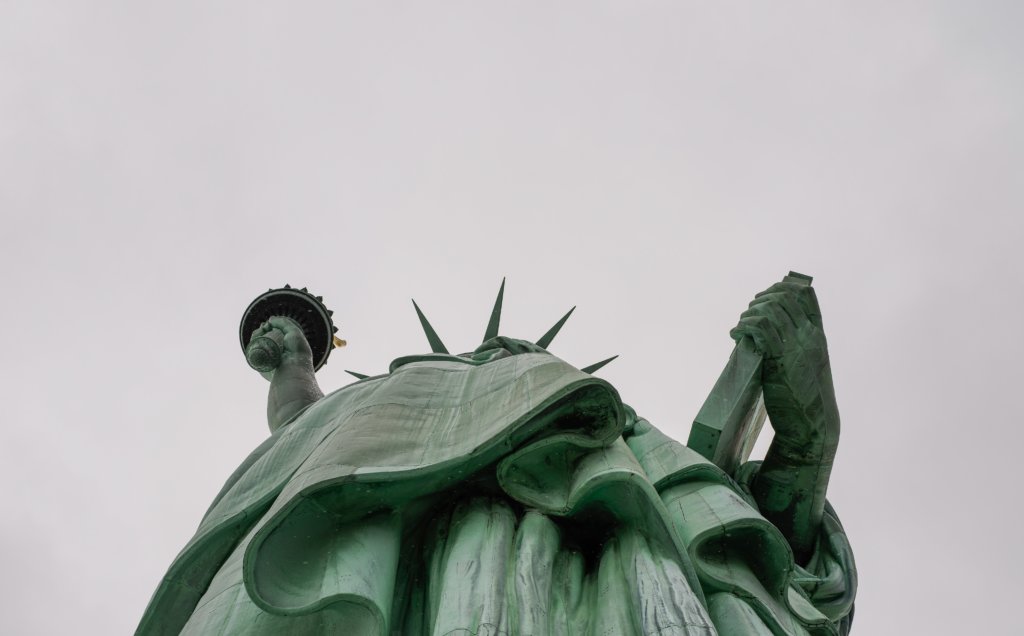
This image seemed the most appropriate. Photo by Annie Spratt on Unsplash.
According to my spiritual teacher, this is the cycle of social evolution, where one particular class enjoys domination and superiority over another. By class, he means the laboring class, the warrior class, the intellectual class, and the merchant class. And each class rises and falls over time in a process that cannot be halted.
“The function of a [leader] shall, therefore, be to see that the dominating or the ruling classes do not have any scope for exploitation,” he said. “The moment one class turn into exploiters, the life of the majority becomes miserable; a few enjoy at the cost of many whose lot is only to suffer. More than that, in such a state of society both the few and the many get degenerated. The few (exploiters) degenerate themselves due to [an] excess of physical enjoyments, and the many (exploited) cannot elevate themselves, because all their energy is taken up in mundane problems …. Hence, for the physical, mental, and spiritual welfare of the administrator and the administered of the society as a whole, it is essential that no one be given any scope to exploit the rest of the society.”
Leaders then are active participants, they are like watchdogs, keeping an eye on signs of exploitation and then doing something about it. It seems to me, the primary quality of a leader is someone who is concerned with the well-being of humanity as a whole. A leader is not someone who cares only about their selfish pleasures. I won’t speak for everyone, but I’ll say for myself, I have an expectation a leader will swoop in out of nowhere and save us all. And furthermore, that a leader possesses skills and qualities that I do not. Like they’re magical beings while I’m a mere human. Is that true though?
Vince Lombardi said, “Leader’s aren’t born, they are made.” That means we all possess the potential to be leaders. We all have the power to change something, to do something. We may not all trigger systemic change like Rosa Parks, but maybe. We’ll never know if we don’t try.
I dream of a world where we recognize we all have the potential to become leaders. A world where we understand leaders are not necessarily those in power and could be anyone, including us. A world where we each do our part to shepherd humanity toward a brighter tomorrow.
Another world is not only possible, it’s probable.
I had a moment on New Year’s Eve where I thought about going to bed before midnight. It would have been easy – I was in my room, lying down, waiting for the minutes to tick closer to 12. For the first time in my life, I realized a year is a collection of days and in some ways the start date is meaningless and arbitrary. Particularly because the Jewish New Year, which takes place in September or October, seems more in alignment with marking the phases of my life.
I think the other reason the start of the new year didn’t excite is me because I’ve blown past all the mile markers I set for myself, and others set for me. A psychic told me by age 30 I’d have two elementary-aged children. Another told me in 2017 I’d meet my romantic partner. Two years ago I thought I’d be engaged this past winter. Those dates came and went without any of the predictions coming true. I bring that up because this is the first year I have zero expectations for the year. This is the first time the year ahead of me is a big question mark.
All around me people are making their new year’s resolutions or intentions or goalsetting while I’m not. A part of me feels anxious about that, like I should be doing the same thing because otherwise the year will be terrible and I’ll be miserable, but I also realize the year is a collection of days and can start over at any time. Instead of freaking out that I haven’t planned my whole life, I’m recognizing I can make plans when I’m ready. I know goals are important because they give us direction, but right now I’m building my trust muscle, trusting that when it’s time for me to make a goal, I will. It could be a random day in April and that would be fine.
This year I’m understanding more deeply the future is not laid out before me like a bread crumb trail. The future is a culmination of past actions, some that are out of my awareness.
My spiritual teacher said, “The stars do not control you; your original actions control you. And where the original action is not known to you, but the result is known to you, the result is experienced by you, you say it is fate.”
There’s a freedom in realizing my past actions dictate my future because it means anything is possible. It means I could head in any direction and anything could happen to me this year. Life is a precious collection of moments that are largely unplanned. I don’t want to miss out on the treasures because I’m too busy following a schedule I set for myself. This year I’m really and truly open to whatever is and that feels like a good thing.
I dream of a world where we take the pressure off ourselves to plan our whole lives. A world where we realize the new year can start for us at any time. A world where we remember plans are more like guidelines and nothing is set in stone. A world where we recognize fate belongs to us and we can take our time.
Another world is not only possible, it’s probable.


